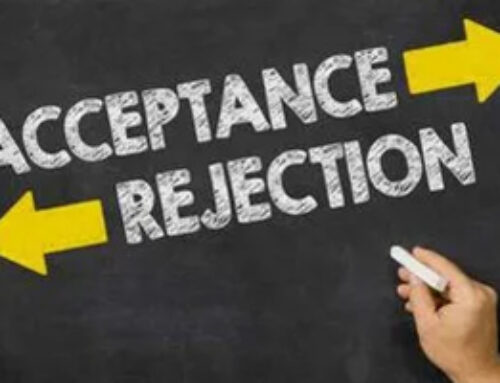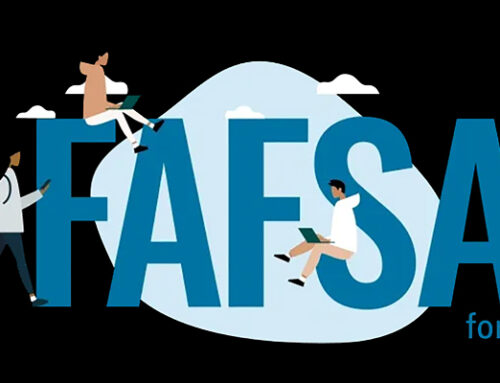 If you’re a rising senior, going into your application season this fall, it’s not too early to be preparing for your applications. Even if you don’t have your college list fully fleshed out, in the meantime, you can still work on your main writing prompts that are not likely to change – namely, the Common App Personal Statement, and, if you’re in California and likely to apply, the University of California (UC) Personal Insight Questions (PIQs). We’ll address the Common App Personal Statement prompts for now.
If you’re a rising senior, going into your application season this fall, it’s not too early to be preparing for your applications. Even if you don’t have your college list fully fleshed out, in the meantime, you can still work on your main writing prompts that are not likely to change – namely, the Common App Personal Statement, and, if you’re in California and likely to apply, the University of California (UC) Personal Insight Questions (PIQs). We’ll address the Common App Personal Statement prompts for now.
This is a good time to be working on them, because:
- You have the space and mental capacity to brainstorm, contemplate, and reflect
- You (likely) have the time to make revisions drafts
By comparison, in the fall, you will have to deal with going to classes, doing homework, participating in your school extracurriculars – which will leave you with less time – and that time should be focused on execution of getting your applications submitted.
So how do you get started?
Brainstorm.
Start with exercises/activities to dig deep into your persona and self-reflect. Not just what you did, but what you believe in as a person.
You can do Ethan Sawyer’s brainstorm process:
- Core Values Exercise. – picking your Top 10 core values.
- Then, list 21 details about yourself.
- Compare and contrast your core values with your 21 details: Do you see any patterns and consistencies?
Take your core values in order – and add a verb to each value to make it an actionable value, e.g.
- Live in FREEDOM
- Promote WELL BEING
- Act with INTENTION
- Help others achieve HAPPINESS
Now, take your favorite value themes and consider:
- Were there any experiences or actions that I lived by my values?
- What do I want to achieve or live towards my values?
- Ask myself – why are they important to me?
From this, pick and list out 2-4 possible stories or themes to write upon. Don’t necessarily need to exactly match or pick out a prompt to address – often it is more instructive or easier to write the narrative FIRST, then see which prompt it better matches later.
Writing: GETTING STARTED IS KEY
It’s better just to start writing, to put things down on paper. Getting started is tough, but once you do, it tends to get better and more straightforward. Don’t worry about it seemingly being rough or seeming trivial in terms of the content. You’ll go through many interactions, ideas, and feedback.
If you would like feedback and advice – I’m happy to help!




